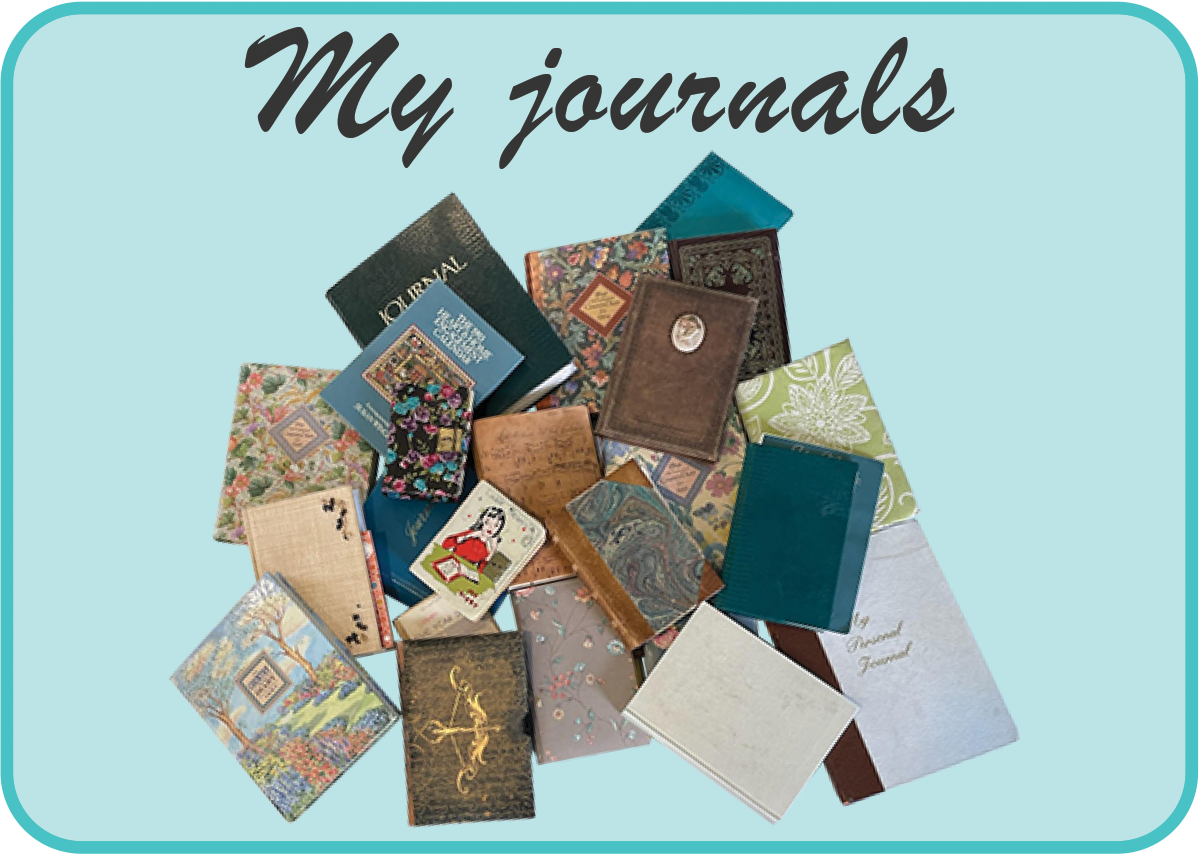We talked about emophilia—the tendency to fall in love easily and quickly. (see "emophilia" below) A very similar sounding word is neophilia, or, novelty seeking, and
I, myself, think you could say that the two words are somewhat related. I’m sure you remember many of your firsts—your first time flying for example, or speaking in front of a group. Or your first time trying an exotic new dish, like Steak Tartare, or Bird’s Nest Soup. Or your first time tasting chocolate, to be more universal, but I think most of us probably don’t remember that first. I remember the first and last time I tried Haggis, but it wasn’t out of a sense of neophilia, but because of being tricked into eating something I probably wouldn’t have if I’d known. Anyway, back to neophilia, a tendency to actually seek out new things—and I think falling in love easily and quickly could fit into that category. Or falling in love at all.
There is usually a thrill, is there not, with trying something new? Maybe it’s an excited thrill or anticipation, like I felt for my first book signing/reading. Maybe it’s that low hum of trepidation when you’re about to meet someone new or go to a job interview. Or maybe it’s more like terror when it’s something you know could end in your demise, or a few scars and broken bones, like sky-diving or bungee jumping. There certainly is a special feeling of some kind that we get when we try something new.
“And that”, says Jason Crosby, of Thriveworks, “is the magic of neophilia, otherwise known as novelty-seeking. Novelty-seeking isn’t just about chasing down thrills. It’s the subtle risk we all take when we try something new. Even simple things from actually talking to your next-door neighbor to trying out a new coffee shop, come with the risk of being something you might not enjoy.
“While taking a chance might not always be comfortable, novelty seeking, if done correctly, may come with more rewards than risks. And when it’s all said and done, you may be more of a neophiliac than you think.”

Words are my love
Previously Posted Favorite Words
Neophilia
Sonder
Noun. The realization that each random
passerby is living a life as vivid and
complex as your own—populated with their own
ambitions, friends, routines, worries and inherited
craziness—an epic story that continues invisibly
around you like an anthill sprawling deep
underground, with elaborate passageways to
thousands of other lives that you’ll never know
existed, in which you might appear only once, as
an extra sipping coffee in the background, as a
blur of traffic passing on the highway, as a
lighted window at dusk. (Dictionary of Obscure
Sorrows)
The word sonder and it’s definition give me goosebumps
because it feels like something other-worldly, so
vague, so obscure, and yet so real. You know as soon as
you read it that it is real, though you may never have
considered it before.
Years ago I was at Disneyland with my 10-year-old
granddaughter waiting in a long line among a crowd of un-
doubtably hundreds of people, when I noticed that she
looked deep in thought and even somewhat troubled.
When I asked her what she was thinking, she said, “All of
these people have a backstory.” I was fascinated by her
observation. I didn’t know then that she was experiencing sonder.
How could I have when this word was invented only
ten or so years ago by John Koenig, the author of the Dictionary of
Obscure Sorrows?
Emophilia
Emophilia is the tendency to
fall in love quickly and often.
Psychologist Mark Travers says,
“Have you ever met someone for
the first time and thought
‘this could be my soulmate?’
“If you have noticed a pattern in
your relationships where you
dive head first in love you may be
showing signs of Emophilia.”
Mr. Travers goes on to say, “It is not
a fleeting feeling, but a strong
desire with a hyper fixation on love.”




